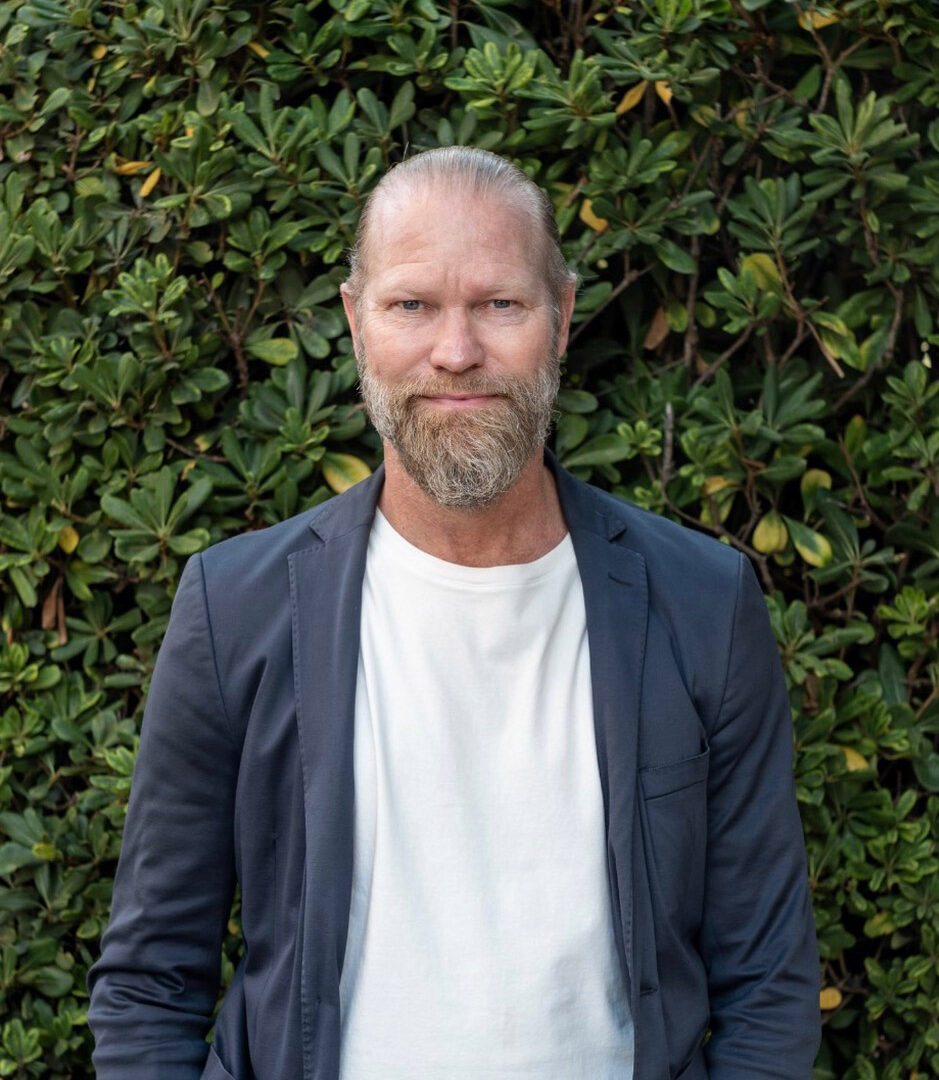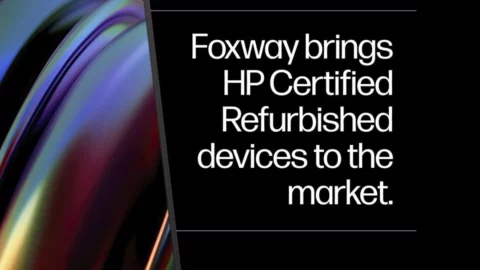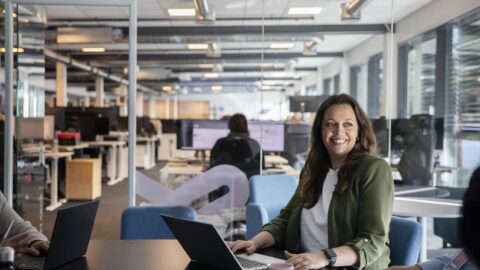Many companies and organizations in the public sector have started to set different goals for how to become even more sustainable. Often, the focus is on climate impact and indirect CO2. Climate impact as a result of usage of IT products is one of the areas that can be influenced within the framework of scope3 and more and more people have written different formulations about this in their policies. Unfortunately, it then stays there. This is something we have taken note of in the development of the concept “My Sustainable Choice”.
Recycling in focus
In 2021, Foxway launched a project with the ambitious goal of recycling more than 1 million units. The basis for this initiative is the impact that circularity has on the IT workplace climate and our customers’ footprints on the environment and carbon dioxide emissions. During the journey, we discovered how important it is to both understand the life span of a product and the value of “additionality”. Products can no longer just be handled as a commodity instead should always be repaired, upgraded, and taken care of for longer life span.
An enabler for this is that our customers choose products with low climate footprint, long durability and the possibility of reuse. All of this became part of what Foxway now calls “My Sustainable Choice”.
It is about being able to help our customers understand their actual and current climate impact and based on that insight be able to make data-driven decisions that lead to improvements.
The starting point is a policy-driven system that combines both financial and sustainability data in the same interface, for both companies’ central decision-makers but also individual users. The companies set up central policy levels that the employees then operate within. If an individual employee chooses to deviate from these policies and choose a less sustainable alternative, this must be compensated financially (as a climate compensation).
All customers and partners who have been involved in the development so far are very positive and excited to get started.
“We hope to be able to launch this in the latter part of 2022 as we see an increased need for this type of service from both our customers and the market as a whole”
Stefan Nilsson, Sustainability Director at Foxway.
* Foxway does not base the work on emission reductions based on revenue from emission credits. Foxway work according to the principles of trying to create an increased understanding of the importance of value-creating measures and sustainability work needs to be integrated into regular operations.
Education Enterprise Public Sector





